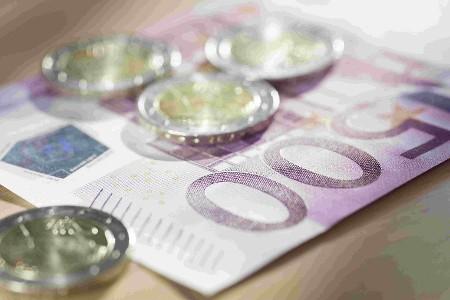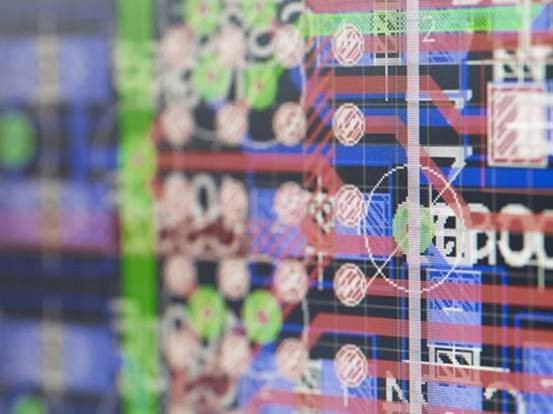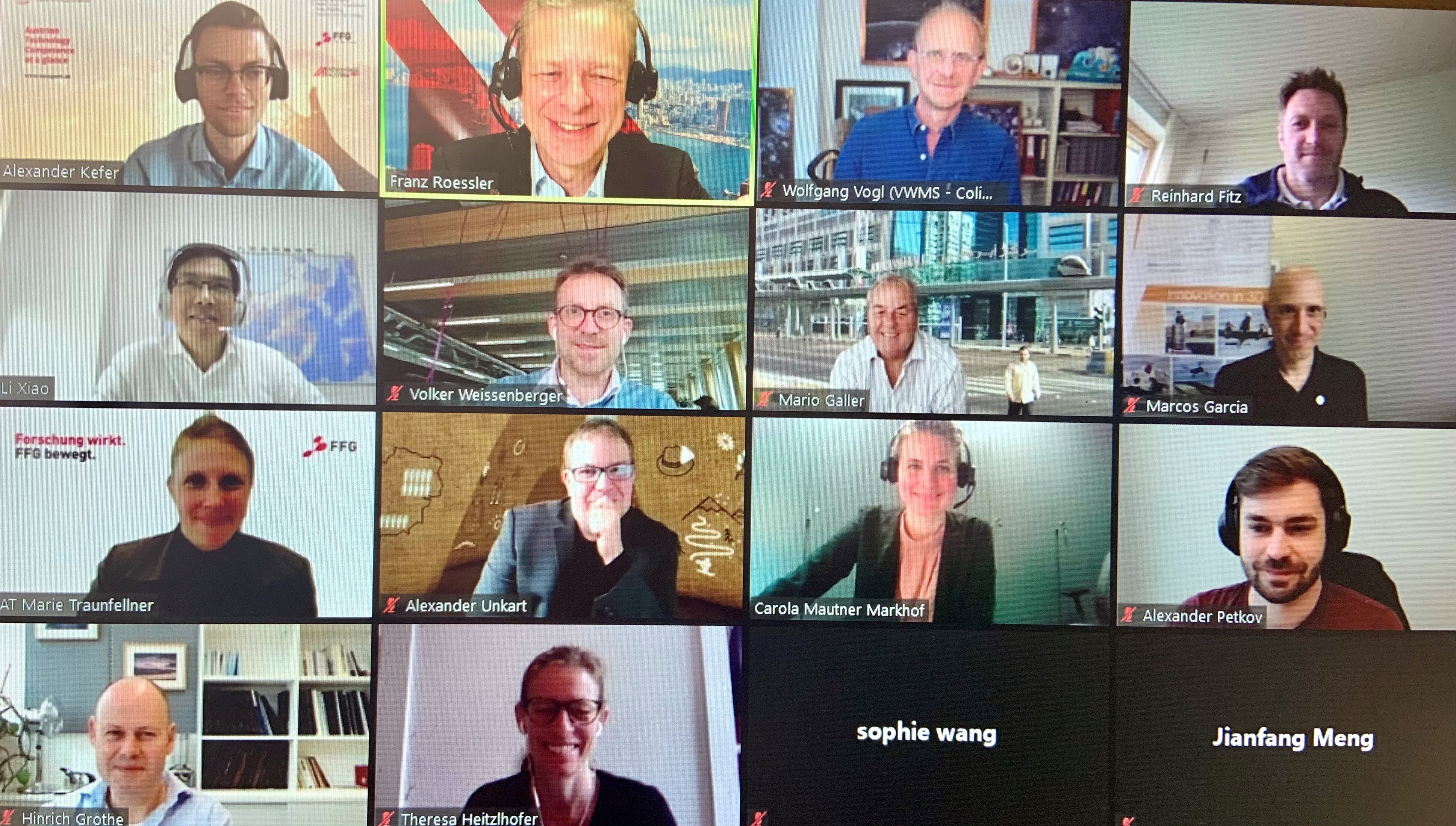The state of the Austrian economy is closely linked to the progress of fighting the Covid-19 virus. At the end of May, both offered cautious optimism. Austria is set to relax further existing Covid-19 measures and the economy is on a rebound track.
Austria’s vaccination plan against COVID-19 was off to a slow start, but has massively picked up speed since then. By the end of May 2021, 41% of the population has received at least the first doses of the Covid-19 vaccination. COVID-19 infections are decreasing in Austria. Austria is set to relax further coronavirus measures from June 10th, including rules for masks, restaurants and curfew.
Although Austria still battling against infections, the gradual easing of travel restrictions and continued government support are expected to lead to a solid rebound in Austria’s gross domestic product in 2021 and 2022, analyses the Hong Kong Trade Development Council (HKTDC) in its May 2021 research on “Austria’s Post-Covid prospects”. This will be driven by pent‑up consumption demand and a recovery in the tourism sector. Louis Chan, Assistant Principal Economist (Global Research) at HKTDC, also invited the head of ADVANTAGE AUSTRIA Hong Kong Franz Roessler to share his views on the performance of the economy and how Austrian companies can grow their business in Asia in partnership with Hong Kong enterprises. The HKTDC “Post-Covid Prospects: Austria” report is available in English, Cantonese and Mandarin.
Also according to the economists from UniCredit Bank Austria, the Austrian economy has made a surprisingly strong start to the year 2021. The recovery of the industrial economy off the back of global development and the injection of public investment to boost the construction industry aside, it has become apparent that many sectors of the economy have adapted well to lockdown conditions and have been successful with alternative concepts, such as pick-up and delivery services. With Austria beginning to open up again, the mood in the services sector is much brighter and is even outperforming the long-term average.
The Vienna Institute for International Economic Studies (wiiw) observes closely the economies in neighboring Central-, East and Southeastern Europe. According to the wiiw March 2021 forecast report, “It shows that although the region weathered the pandemic relatively well in 2020, a sharp increase in infections over the winter will delay the recovery in 2021. The CESEE countries’ outperformance of Western Europe is therefore unlikely to be repeated this year”.




